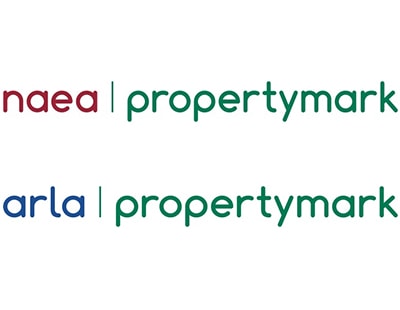/_JeremyHunt%20_400x310.png)
One of the country’s most respected lettings agencies says tax is dominating the agenda ahead of Thursday’s Autumn Statement from Chancellor Jeremy Hunt.
Knight Frank says there is speculation the tax-free allowance for Capital Gains Tax may be cut or that rates will be aligned with income tax, which would mean higher tax bills when second-home owners sell. Capital Gains Tax is charged at 28 per cent when selling residential property while the top rate of income tax is 45 per cent.
“It would provoke turbulence if enough landlords decided this was a disincentive too far” warns Knight Frank in a preview statement.
It says that changes to rules around mortgage interest relief, wear and tear allowances and higher rates of stamp duty have caused a number of landlords to sell in recent years and upwards pressure on rents would intensify if more followed suit.
Rental values are already climbing at their fastest rate in recent years across many parts of the UK, as supply struggles to keep pace with demand. Asking rents rose by 11.8 per cent in the year to Q3 2022, according to Rightmove.
Knight Frank also draws in the views of its partner companies for its preview of the statement.
Nimesh Shah, chief executive of tax advisory specialist Blick Rothenberg, thinks the rules may change but questions whether the government would align income tax and CGT rates. He says: “The annual exemption may be halved to £6,000 or abolished, which would affect landlords selling lower-value properties but I’m not sure they will go as far as to align rates with income tax. Landlords have been squeezed hard in recent years and this would annoy their traditional voters without raising a lot of money.”
The Office for Budget Responsibility says CGT is expected to account for just 1.5 per cent of all tax receipts.
Knight Frank therefore believes the timing of any changes will also be important. If landlords have a narrow window in which to act before the next tax year in April 2023, buy to let sell-offs could accelerate and increase downwards pressure on prices. Rising rents and falling property prices are presumably not the backdrop the government wants at the next general election.
Savvas Savouri, chief economist at asset manager Toscafund, says markets should be wary of reading too much into what is said before Thursday’s statement.
My guess is the government is preparing the ground for something very onerous that in reality won’t turn out to be as bad as feared. Sunak will understand that the private rented sector is the lifeblood of the economy, and you would expect the government to want to incentivise landlords to remain landlords” explains Savouri.
Overall, with a general election that must take place before January 2025, Savvas believes it would make more sense for government to target non-voters such as tech companies to help fill the black hole rather than landlords. “Rishi Sunak doesn’t need to frighten the horses; he just needs a goalless draw. The number one objective has been to calm gilt markets, which he has done. All he has to do now is keep them calm.”




/_JeremyHunt%20_400x310.png)










%20-%20IMAGE%20Client%20Accounting%20%E2%80%93%20what%20are%20your%20options.jpg)





Join the conversation
Be the first to comment (please use the comment box below)
Please login to comment